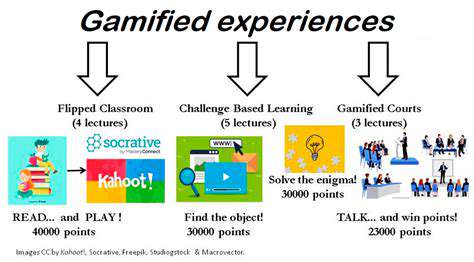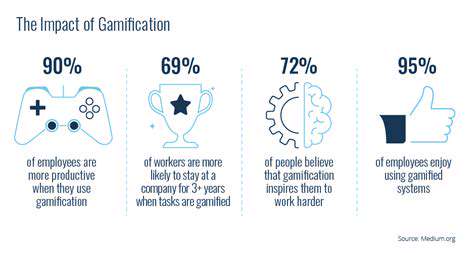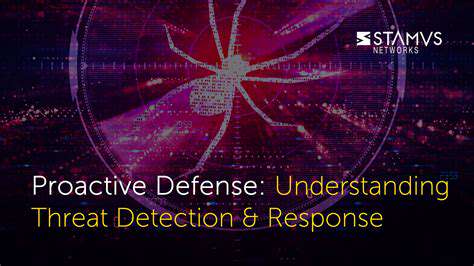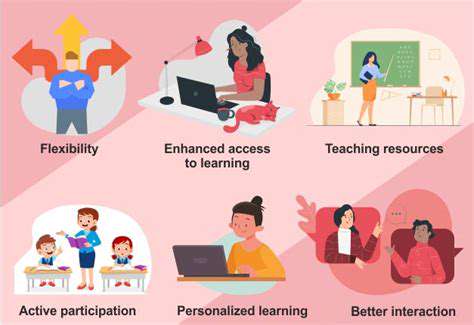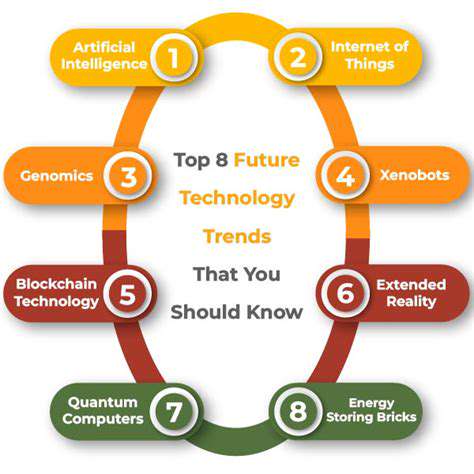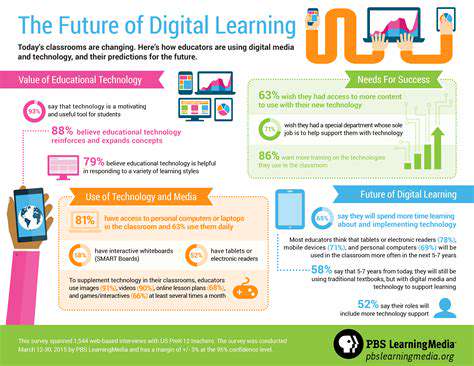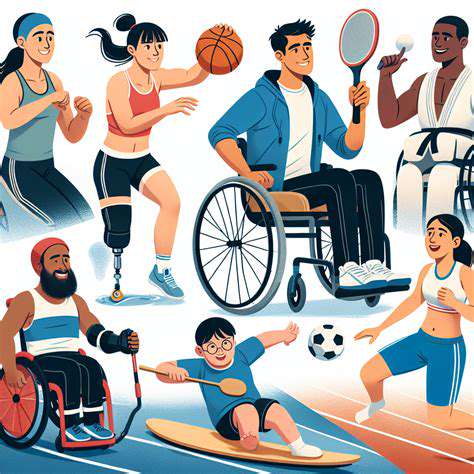Ethical Considerations in EdTech Development
Promoting Digital Literacy and Media Savvy in Students
Promoting Critical Thinking about Online Information
Equipping students with the ability to critically evaluate online information is paramount in today's digital age. This involves more than just identifying obvious misinformation; it requires developing a nuanced understanding of bias, propaganda, and the motivations behind different types of online content. Students need to learn to question sources, consider the author's perspective, and look for corroborating evidence from multiple reputable sources. This skill set is crucial not only for academic success but also for navigating the complex and often misleading information landscape they will encounter throughout their lives.
Developing critical thinking skills also includes understanding the potential for manipulation and deception in digital spaces. Students should be encouraged to analyze the language used, the images presented, and the overall tone of the content. Recognizing the emotional appeals and persuasive techniques used can help them to become more discerning consumers of information. This process fosters media literacy, allowing them to form informed opinions and avoid being swayed by unsubstantiated claims.
Fostering Responsible Digital Citizenship
Digital literacy extends beyond the technical aspects of using technology. It encompasses the ethical considerations and social responsibilities that come with using digital platforms. Students need to understand the importance of respecting others' online presence, avoiding cyberbullying, and practicing responsible online communication. This includes understanding the potential consequences of their actions and promoting respectful interactions in online communities.
Encouraging responsible digital citizenship also involves understanding copyright and intellectual property rights. Students need to learn about the legal and ethical implications of sharing, using, and creating content online. This includes understanding the importance of attribution, respecting creative work, and avoiding plagiarism. This knowledge fosters a sense of accountability and encourages students to be mindful of the impact their digital actions have on others.
Addressing Digital Divide and Equity Concerns
Promoting digital literacy must be paired with initiatives that address the digital divide and ensure equitable access to technology and resources. Students from diverse backgrounds may face barriers to accessing the necessary tools and support needed for digital learning. Schools and educators have a responsibility to proactively identify and address these disparities, creating inclusive learning environments that provide equal opportunities for all students. This could include providing access to technology, offering tutoring and support, and implementing culturally sensitive curriculum.
Furthermore, it's crucial to consider the potential for digital tools to exacerbate existing inequalities. For example, access to high-quality internet and devices can create a significant disparity between students with and without these resources. Programs that promote digital literacy should also incorporate strategies for bridging this gap. This could include community outreach, partnerships with local organizations, and developing resources that cater to diverse learning styles and needs. Addressing the digital divide is essential for creating a truly equitable educational environment.
Protecting Student Privacy and Data Security
In today's digital world, safeguarding student privacy and ensuring data security is paramount. Students need to understand the importance of protecting their personal information online and being mindful of the data they share. This includes understanding the risks associated with social media, online forums, and other digital platforms. Educators and parents need to play a critical role in guiding students on how to protect their privacy and the importance of strong passwords.
Implementing robust data protection policies within schools is also crucial. This includes ensuring that student data is handled securely and in compliance with relevant privacy regulations. Students should be educated on how their data is collected, used, and protected, fostering a sense of awareness and control. This will help to build trust and encourage responsible use of digital resources.
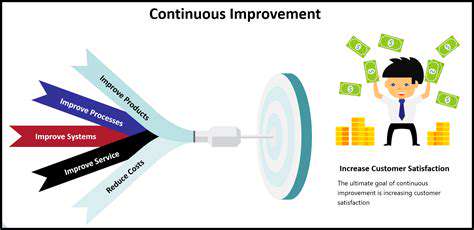
Read more about Ethical Considerations in EdTech Development
Hot Recommendations
- The Gamified Parent Teacher Conference: Engaging Stakeholders
- Gamification in Education: Making Learning Irresistibly Fun
- The Future of School Libraries: AI for Personalized Recommendations
- EdTech and the Future of Creative Industries
- Empowering Student Choice: The Core of Personalized Learning
- Building Community in a Hybrid Learning Setting
- VR for Special Education: Tailored Immersive Experiences
- Measuring the True Value of EdTech: Beyond Adoption Rates
- Addressing Digital Divide in AI Educational Access
- Preparing the Workforce for AI Integration in Their Careers
